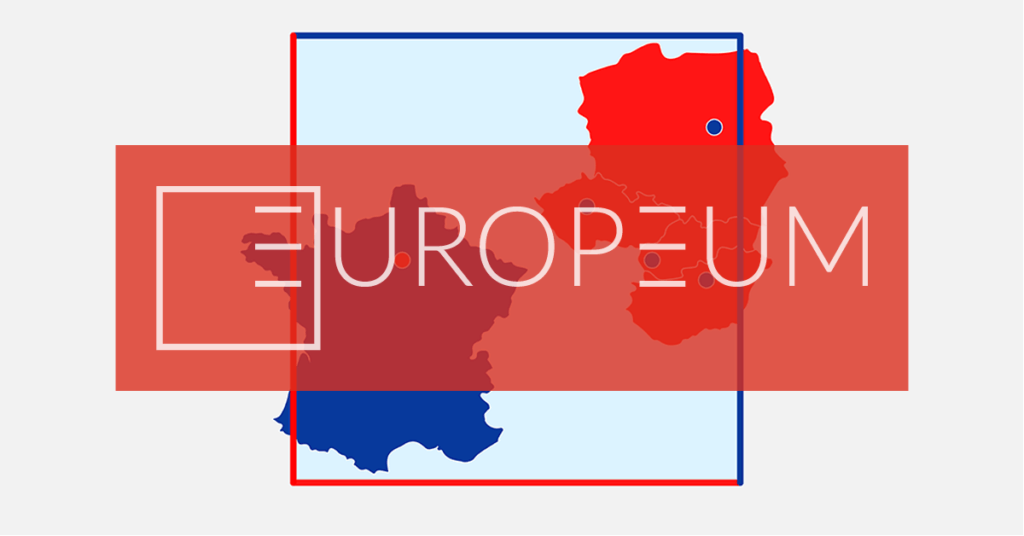Visegrad Four & differentiation in the European Union

- Differentiation is a principle that has been applied to polity and policies of the European Union (EU) since its creation. Some elements were already integrated into the Rome Treaty, but the political idea (in the form of two-speed Europe) dates back to the 1975 'Tindemans report'.
- More discussion on differentiated integration (DI) was triggered by the UK's accession and took place at the end of 1970s. It was Ralf Dahrendorf who coined the term 'Europe à la carte' to account for an integration model, where common policies only follow common interests without additional constraints for those who are not able or willing to join them.
At the EU level, V4 emerged as a politically relevant bloc in the aftermath of the migration crisis in 2015. However, there are a number of important factors that differentiate V4 countries, thus resulting in diverse preferences and reducing the cohesion of the bloc. They help to explain differentiated participation in DI projects but also shape divergent positions with regard to the 'Future of Europe', beyond the lowest common denominator as expressed in the V4 statement from January 2018.
Whereas infringements of EU secondary laws are nothing new and virtually all member states have been subjected to infringement procedures before the Court in one area or another, justifications given for non-compliance by the states in question provide an important case in point. Namely, the argument is that the mandatory relocation scheme fuelled 'anti-migrant sentiment and played into the hands of the far right' (Czech prime minister Andrej Babis) and that the relocation decision taken by qualified majority (as allowed by the treaties) should not have been taken - the fact that a legal instrument exists does not mean that it should be used (Polish minister for European affairs Konrad Szymanski).
You can download the whole policy paper through the PDF button.




